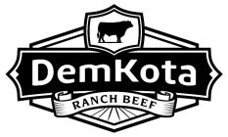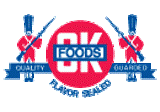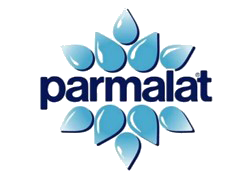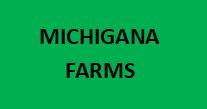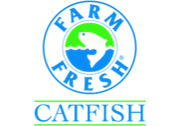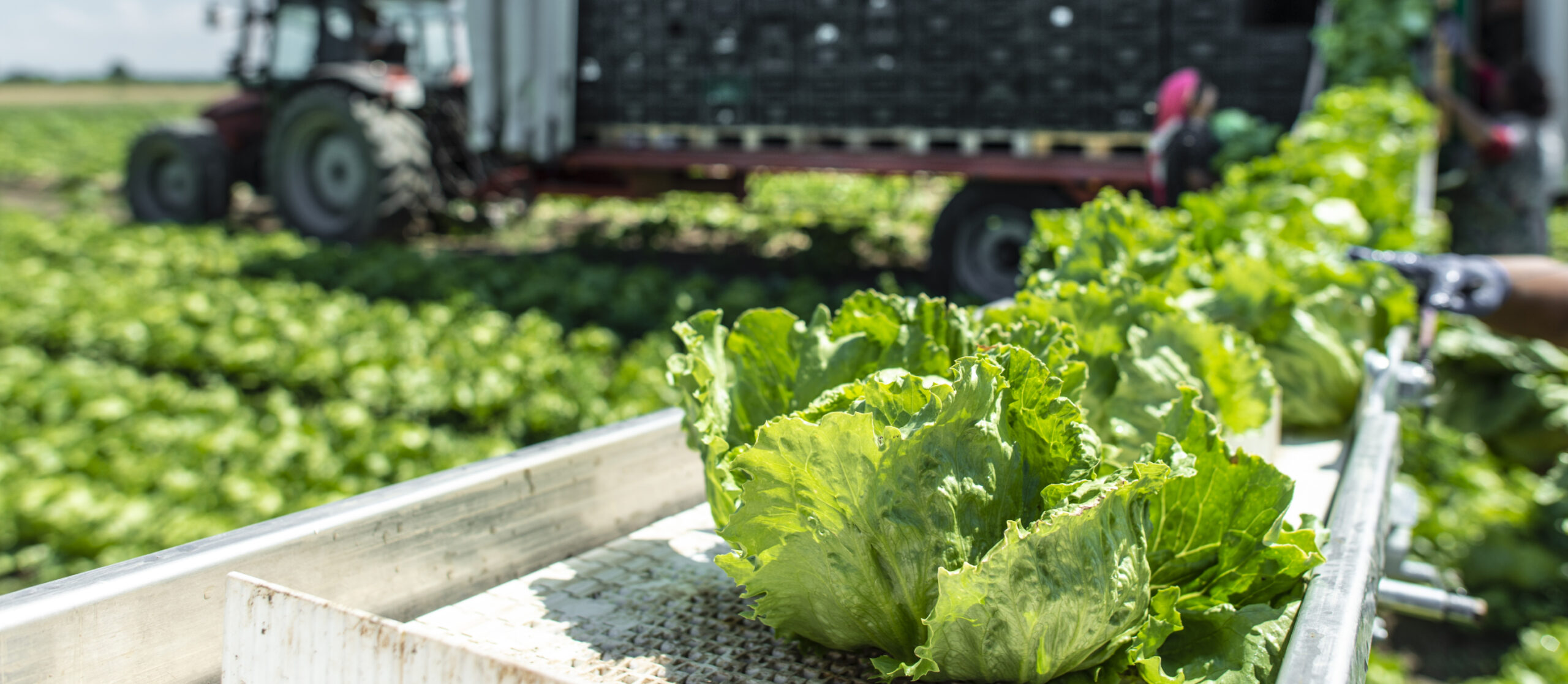
Agribusiness & Food
Overview
The Agribusiness industry includes a diverse group of businesses, from those that produce agricultural commodities, buy agricultural produce, or provide goods and services to farms. This industry affects the food supply chain, from the source to the point of retail sale. Row crop, livestock and meat, poultry and egg, dairy, and timber producers are all examples of Agribusiness. At approximately $2.7 trillion in annual revenue this sector is a critical piece of the American economy. International trade, commodity prices and government policy has historically been important factors for many businesses in this space. Looking forward, increased emphasis on sustainable production, the effects of climate change, and shifting consumer demand (such as the movement away from red meat and dairy) may provide added pressure on certain players.
The Food industry includes the manufacturing, distributing, processing, packaging, and transporting of various products you see on grocery store shelves and sold in restaurants. This industry faces many challenges such as: intense regulatory standards, time-sensitive supply chain demands, hygiene requirements, labor supply and cost constraints, and in most cases, pricing, and margin pressures from highly elastic consumer demand. Looking forward, many food and beverage producers are diversifying product lines, placing added emphasis on healthier options. From a retail perspective, grocery stores are integrating restaurant-like prepared food options within the store, as they adapt to changing consumer preferences.
In the Agribusiness and Food industry, MorrisAnderson has successfully worked on cases in the roles of Financial Advisor, Refinancing, Debt Restructuring, and Interim Management. A more detailed list of specific industries is as follows:
Sub-Industries
Food Processing
Food Distribution
Crop Farming
Livestock
Beverages
Packaged Foods & Meats
Fertilizers & Agricultural Chemicals






